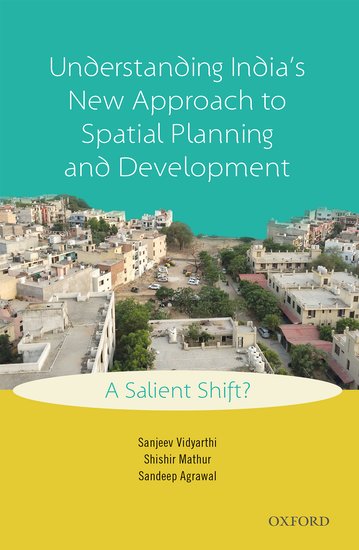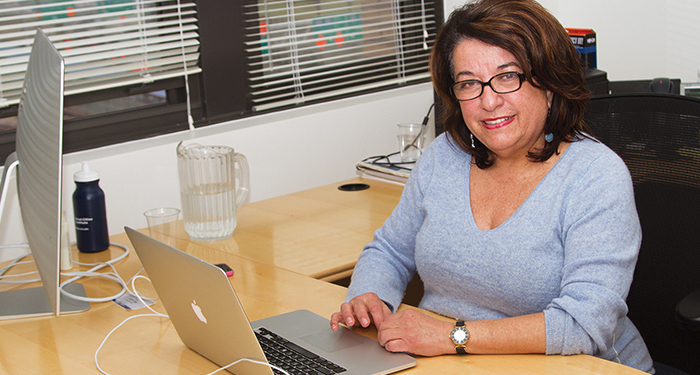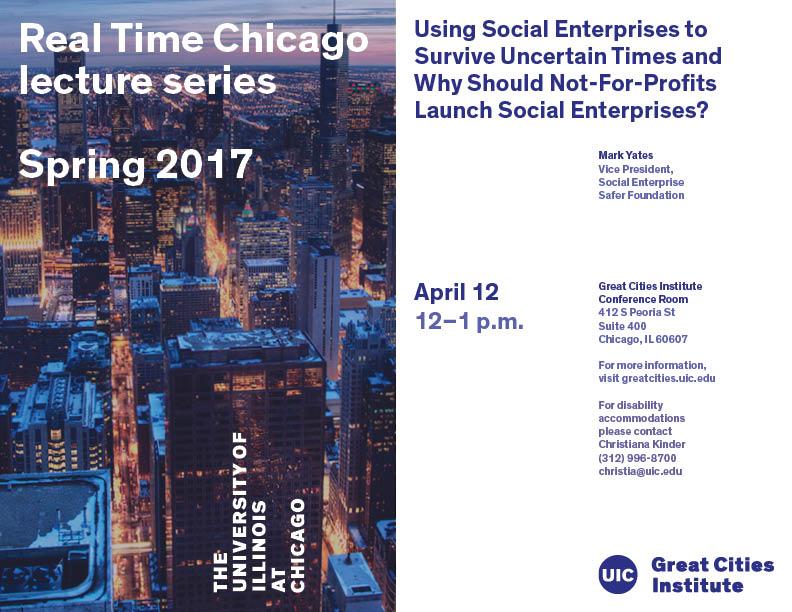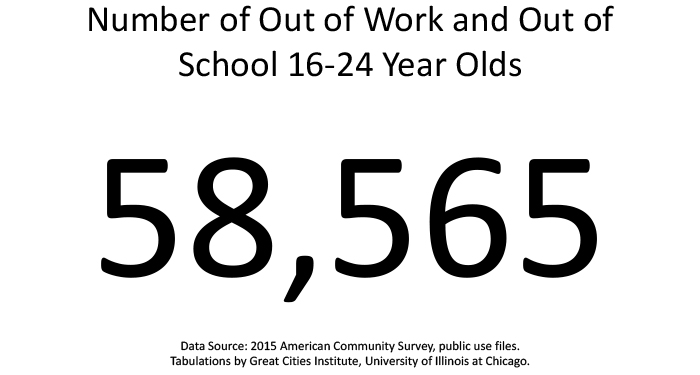
Untrouble the Waters is a summit dedicated to bringing mayors, local leaders, and researchers together to envision and launch projects that benefit communities and watersheds alike. Amidst questions of federal intentions about the Clean Water Act and Clean Water Rule; aging infrastructure; and water crises such as algae blooms, lead poisoning, and water shutoffs; the UIC Freshwater Lab invites government officials, academic researchers and community leaders to Untrouble the Waters.
At this vital juncture for the Great Lakes and the communities they support, we invite you to join us for conversations about water leadership and specific projects to improve water quality and public life.
May 10th features a keynote address by Maude Barlow, an Environmental Justice plenary panel, and a panel of Great Lakes mayors.
On May 11th, participants will choose among six working groups, listed below.
We look forward to working together to envision and launch projects that benefit communities and watersheds alike.
For more information on the summit, visit: http://www.freshwaterlab.org/summits/untrouble-the-waters/







